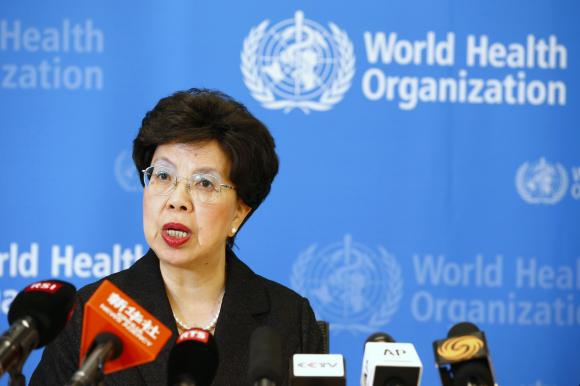Ahead of the World Tuberculosis Day on March 24, the World Health Organization (WHO) has released five new ethical standards to protect the rights of Tuberculosis patients.
The guidelines include providing patients with the social support they need to fulfil their responsibilities, refrain from isolating TB patients before exhausting all options to enable treatment, adherence and only under very specific conditions, enabling “key populations” to access same standard of care offered to other citizens
The guidelines also include ensuring all health workers operate in a safe environment, rapidly sharing evidence from research to inform national and global TB policy updates.
TB is currently the world’s top infectious disease killer, claiming 5,000 lives each day with Nigeria carrying the fourth heaviest burden out of the top 22 countries.
Advertisement
According to WHO, “the heaviest burden is carried by communities which already face socio-economic challenges: migrants, refugees, prisoners, ethnic minorities, miners and others working and living in risk-prone settings, and marginalized women, children and older people.”
“TB strikes some of the world’s poorest people hardest,” Margaret Chan, WHO director-general, said.
“WHO is determined to overcome the stigma, discrimination, and other barriers that prevent so many of these people from obtaining the services they so badly need.”
Advertisement
WHO also says “poverty, malnutrition, poor housing and sanitation, compounded by other risk factors such as HIV, tobacco, alcohol use and diabetes, can put people at heightened risk of TB and make it harder for them to access care.”
“More than a third (4.3 million) of people with TB go undiagnosed or unreported, some receive no care at all and others access care of questionable quality.”
The new WHO ethics guidance addresses contentious issues such as, the isolation of contagious patients, the rights of TB patients in prison, discriminatory policies against migrants affected by TB, among others.
It emphasizes five key ethical obligations for governments, health workers, care providers, non-governmental organizations, researchers and other stakeholders.
Advertisement
Add a comment






